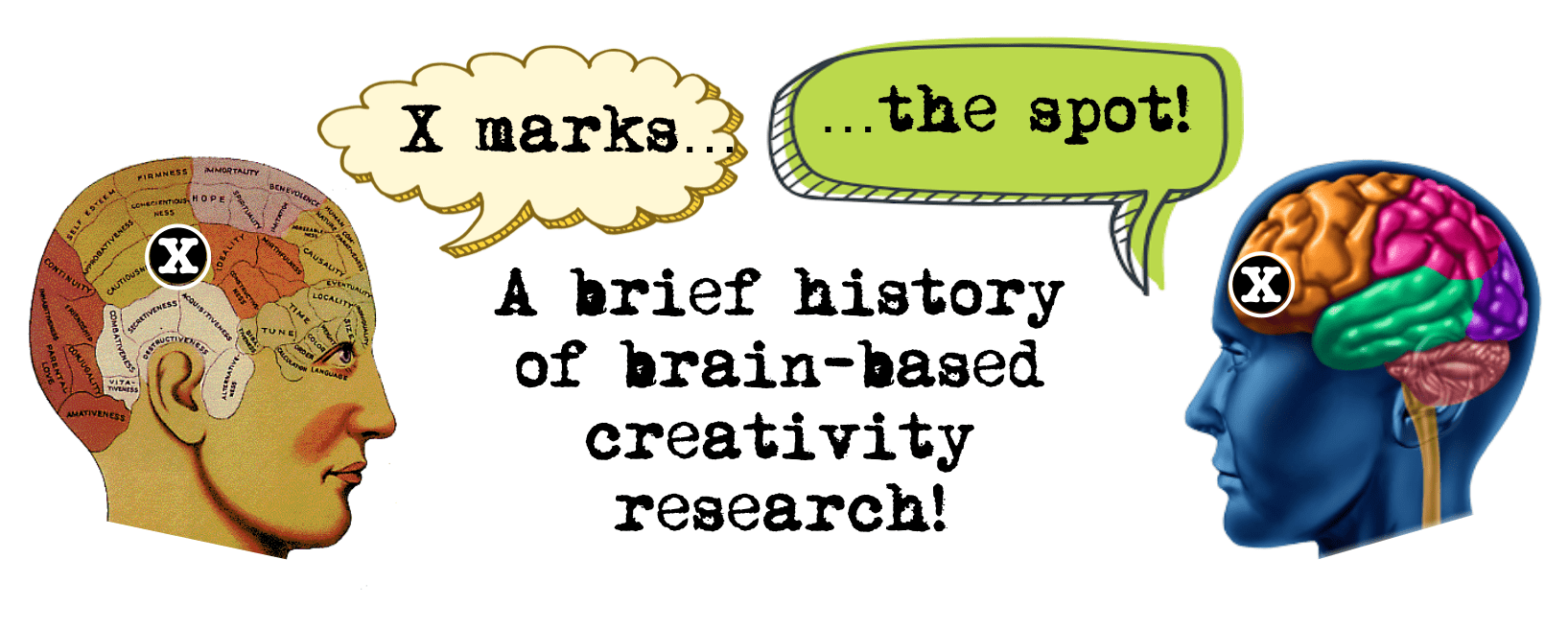Dr. Kerry Chappell is a professor at the University of Exeter’s Graduate School of Education. She merges her training in dance, her doctorate in experimental psychology and interest in education to develop a transdisciplinary research program on better understanding how creativity could be nurtured. Her research has focused on the holistic meanings of learning, knowing, and being, bridging gaps between the understanding of the mind, body and materiality in creativity. She sees disciplines not as glued together but recommends a
mix of perspectives as a way of really getting to the bottom of questions that you are curious about…If you have a question that you’re curious about sometimes your knowledge from an art form might help you; sometimes the sciences might help you. So, it’s not just doing a discipline for the sake of it. It’s really trying to…answer some of the big questions that we’re facing.
Creativity is such a transdisciplinary topic itself that every discipline will have its own approach to understanding it. Psychologists, sociologists, artists, all may perceive and study it differently. Instead of thinking of these differences as contradictory to one other, we need to think of them as offering unique insights into creativity. Dr. Chappell suggests:
I think it gives us lots of perspectives on a concept that we’re all trying to understand, to demonstrate whether it’s there or not. So I think they are all complementary, I don’t think it’s about right and wrong in this kind of research.
Dr. Chappelle was recently interviewed by us for our ongoing series for Tech Trends. You can find a list of all the articles in the series here, and if you are interested in just the interviews, go here. Read the complete article by following the link in the citation below:
Mehta, R., Henriksen, D., & the Deep-Play Research Group (2019). An embodied dialogic endeavor: Towards a posthumanizing approach to creativity with Dr. Kerry Chappell. Tech Trends. 63. p 6-12. https://doi.org/10.1007/s11528-018-0357-7



0 Comments